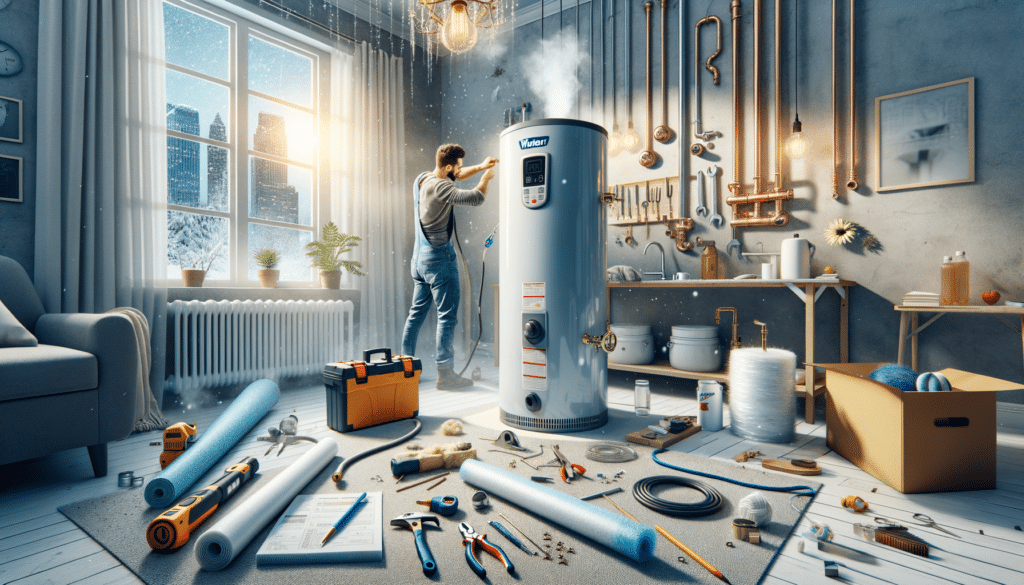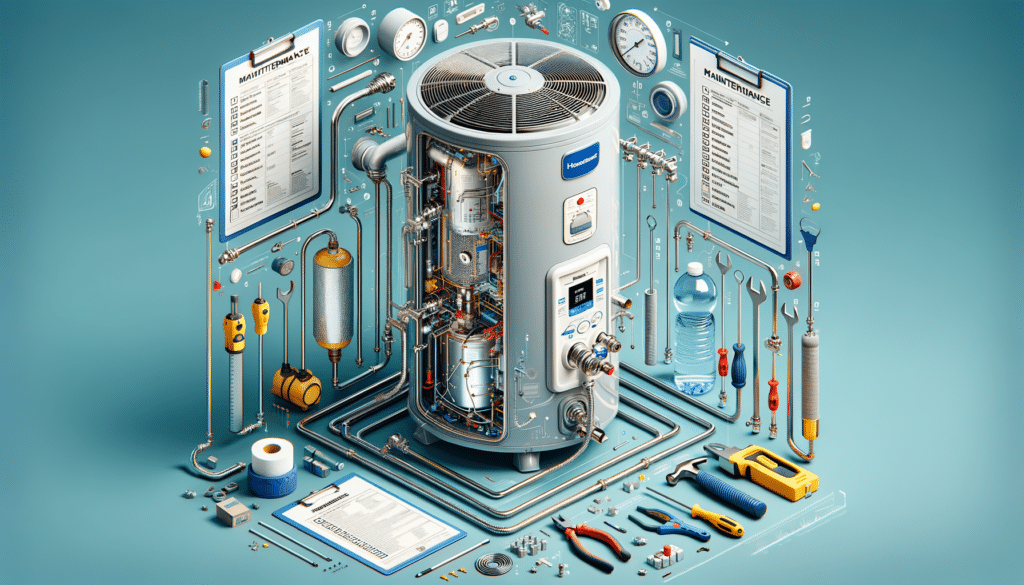Introduction
As the colder months approach, ensuring your home is prepared for winter is crucial. One of the most important aspects of winter preparation is making sure your water heater is in top condition. A well-maintained water heater not only provides comfort but also saves you money on energy bills. In this article, we will explore essential tips for homeowners to ensure their water heater is ready for winter.
Why Water Heater Maintenance is Important
A water heater is a vital component of any home, especially during the winter months. Without it, you could be left with cold showers and an inability to properly clean dishes or clothes. Regular maintenance can prevent unexpected breakdowns and extend the lifespan of your water heater. Additionally, a well-maintained water heater operates more efficiently, reducing energy consumption and lowering utility bills.
Signs Your Water Heater Needs Repair
Before winter sets in, it’s important to check for signs that your water heater may need repair. Here are some common indicators:
- Inconsistent Water Temperature: If your water temperature fluctuates or doesn’t get as hot as it used to, it may be time for a repair.
- Strange Noises: Banging, popping, or rumbling noises can indicate sediment buildup or other issues.
- Leaks: Any signs of water pooling around the base of your water heater should be addressed immediately.
- Discolored Water: Rusty or cloudy water can be a sign of corrosion inside the tank.
DIY Maintenance Tips
While some water heater issues require professional repair, there are several maintenance tasks you can perform yourself to keep your unit running smoothly:
- Flush the Tank: Sediment can build up over time, reducing efficiency. Flushing the tank annually can help prevent this.
- Check the Anode Rod: This rod helps prevent corrosion. Inspect it every few years and replace it if it’s heavily corroded.
- Insulate the Pipes: Insulating the pipes can help retain heat and improve efficiency, especially in colder climates.
- Adjust the Thermostat: Set your water heater’s thermostat to 120 degrees Fahrenheit to save energy and prevent scalding.
When to Call a Professional
While DIY maintenance can be effective, there are times when calling a professional is necessary. If you notice any of the following, it’s time to seek expert help:
- Persistent Issues: If problems persist despite your efforts, a professional can diagnose and fix the issue.
- Complex Repairs: Issues like gas leaks or electrical problems should always be handled by a professional.
- Old Unit: If your water heater is over 10 years old, it may be time for a replacement.
Conclusion
Preparing your water heater for winter is an essential task for any homeowner. By performing regular maintenance and addressing issues promptly, you can ensure a steady supply of hot water throughout the colder months. Whether you choose to tackle maintenance tasks yourself or call in a professional, taking action now can save you from costly repairs and discomfort later. Don’t wait until it’s too late—ensure your water heater is ready for winter today!





